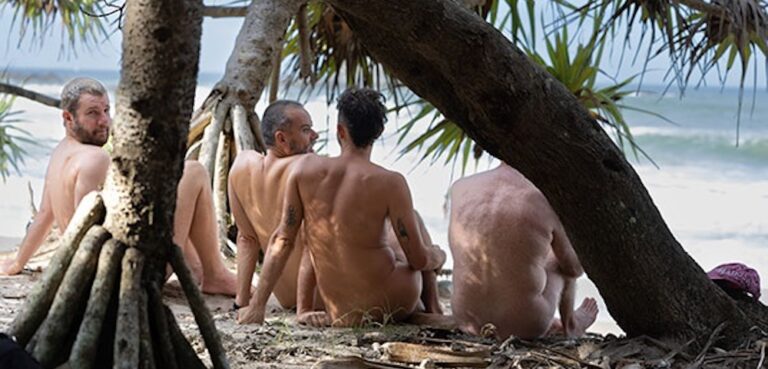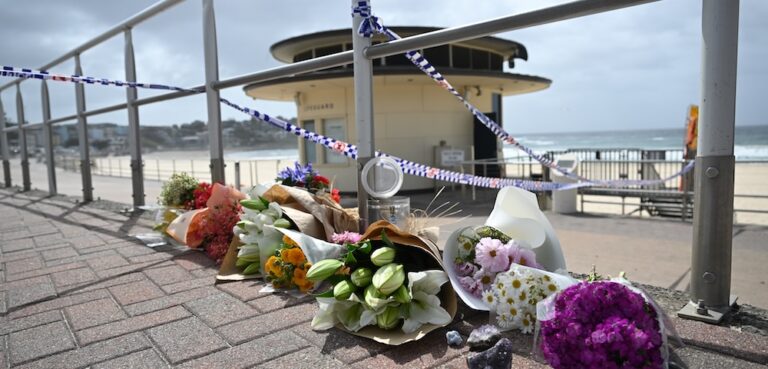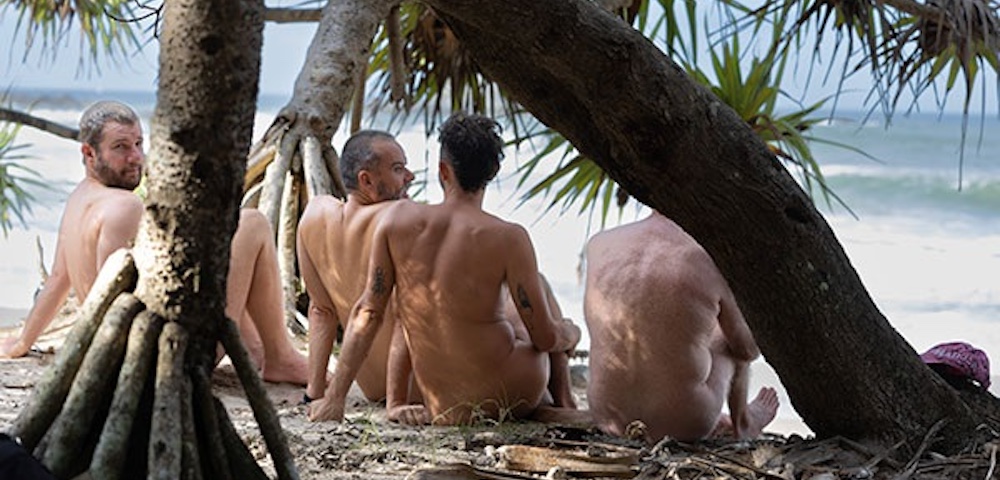
Life on borrowed time
The French Film Festival has flung open the cinema doors again -“ for the 17th time -“ to showcase the best of current French cinema. With 28 features and shorts on offer, however, it’s surprising that the only queer-tinged film in the program comes from (albeit prolific) gay director Fran?s Ozon.
We’ve been treated to much of the Swimming Pool director’s work in the last six months -“ from Queer Screen’s retrospective screening of his short film back catalogue to his 2004 film on the death of a relationship, 5 x 2.
His newest feature Time To Leave (Le Temps Qui Reste) is an emotionally stirring work about a thirty-something Parisian fashion photographer who receives some devastating news.
Handsome Romain (Melvil Poupaud) is a star on the rise. He can afford to be arrogant. Life is good. He photographs top actors and beautiful models. He has a spunky younger boyfriend (Christian Sengewald). He’s rolling in dough, has his own apartment and plenty of cash to flash on cocaine.
But one day, Romain collapses during a fashion shoot and the news from the good doctor is not good. But rather than tell his lover, his friends or family that he has a terminal illness, he isolates himself.
The only person he confides in is his bohemian grandmother -“ French screen icon Jeanne Moreau who is rarely seen onscreen and, in Time To Leave, is only in a handful of scenes -“ who, he decides, is close enough to the grave to understand his predicament.
Time To Leave explores how we come to terms with our mortality: the journey from despair’s depths to the pivotal moment when we accept our death sentence and become more alive than we were before.
For Romain, the turning point is as he returns to Paris from his grandmother’s cottage when, at a caf?n route, he is asked to consider an unusual proposition from an infertile couple.
Time To Leave recalls Ozon’s short film Little Death about a young gay photographer’s journey to forgive his dying father. It also features classic Ozon signatures including hot gay sex, boring straight sex and a penchant for setting scenes at the seaside to indicate peace and security.
He enlists the joyousness of a seaside holiday to great effect in the film’s closing scene which conjures a swim, a tear and sleep. It is especially moving.
The French Film Festival continues until 22 March at Palace Academy and Norton Street. Time To Leave screens Sunday 19 March and Monday 20 March during the festival and is slated for general release in the cinemas later this year.










